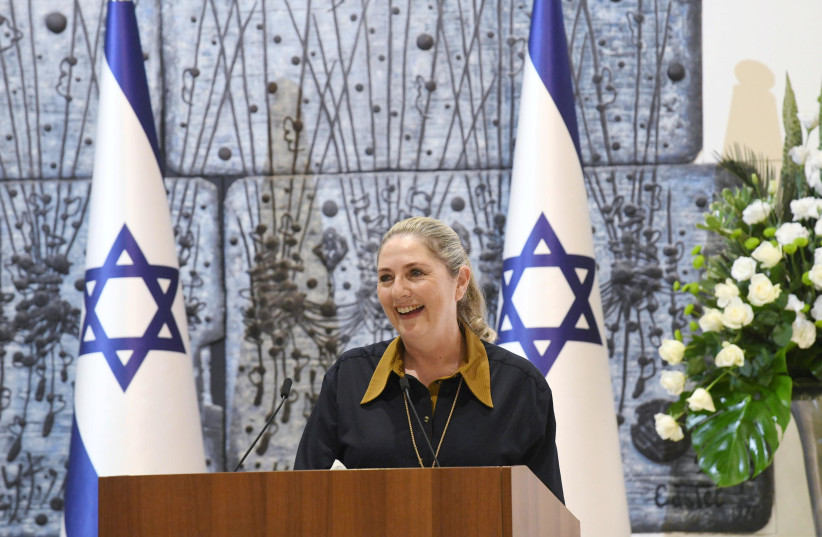Around a century ago, the author Virginia Woolf delivered a series of lectures to students at Cambridge University, which would soon become a standout work of feminist literature: A Room of One's Own.
At the time, women around the world were still fighting for rights that we now consider obvious, such as the right to vote or acquire a higher education. The female students in Woolf's lecture hall studied at special women's colleges at Cambridge but were not entitled to receive official degrees at the end of their studies.
Without institutional recognition, these women were unable to become leaders in research, education, and creative fields at Cambridge. While the university's halls were filled with portraits of geniuses who had left their mark on the worlds of science, the arts, and intellect, the faces of the brilliant yet anonymous women of history were totally absent, forgotten at its margins. Woolf hoped to understand where these women had disappeared to and what could be done to give them a voice.
Not a lack of talent but a lack of opportunity
Woolf posed the question of why it was "unthinkable that any woman in Shakespeare’s day should have had Shakespeare’s genius." She proposed an explanation that we would also consider obvious nowadays: The reason was not a lack of talent but a lack of opportunity.
In order to secure freedom of thought and endeavor, a woman needed economic freedom, formal education, and a quiet room of her own, where she might lock herself behind closed doors, shut herself away, and delve into the depth of her creative spirit. Woolf believed that if women received these starting conditions, their voices would spark a genuine revolution in the world of literature.
So many female students have walked through the gates of Cambridge University since, and women's economic and creative liberty has gone from being a lofty ideal to an achievable goal.

But even with the distance of time, we still find ourselves grappling with strikingly similar questions. In the many years in which I served as the only woman on boards of directors, I kept coming up with the same question: What wise voices and revolutionary ideas are we missing when women are so underrepresented among decision-makers? What must we do to hear their voices?
We have to push gender diversity forward in Israel
We still face these questions on a daily basis, but now on International Women's Day, we have an opportunity to bring them back to the center of public discourse and to do everything in our power to make gender diversity in positions of influence and leadership in Israel an achievable goal.
After all, we know that in order to have a just and prosperous society, it is not enough for women to have rooms of their own; every boardroom must have a significant female presence. Every table where decisions are made must have seats for opinionated women to make their voices heard. And this significant female presence in positions of power must become something we take for granted, just as we take for granted the right of women to own property, vote in elections, and achieve a university education.
Like Virginia Woolf, modern women also believe that the underrepresentation of women in senior positions is not a result of a lack of talent, but of a lack of opportunity. Like Woolf, we demand not shortcuts but equal opportunities. We want female education for excellence to become a supreme goal, and we want to equip the next generation of girls and women with everything they need to take Israel's political and economic leadership forward.
Like Woolf, we are eager to discover what intellectual, social, and creative revolutions women can spark if they gain equal opportunities. Even if we do not yet exactly know the answers to these questions, we women have a duty to do everything we can to secure the right to discover them.
Michal Herzog is the First Lady of the State of Israel.
